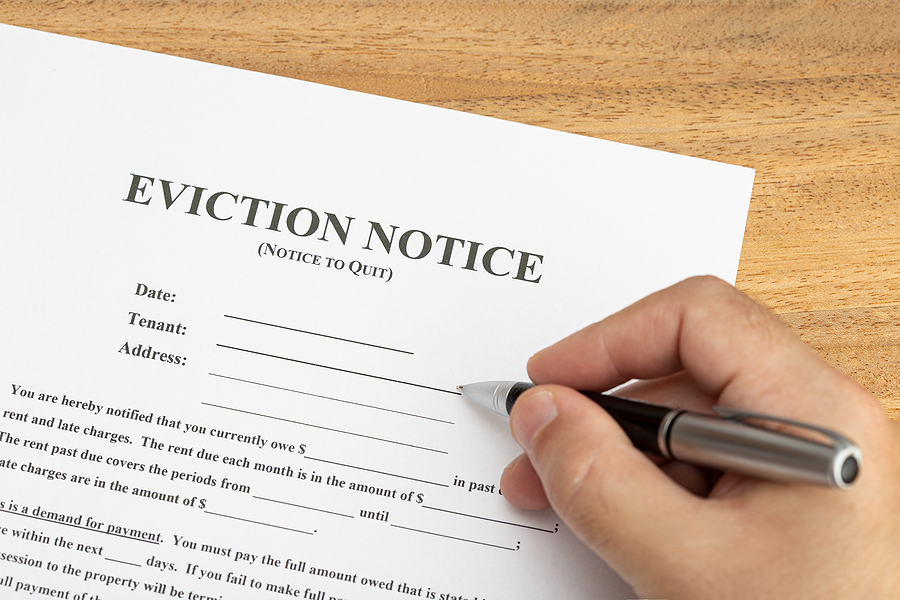As a landlord in Columbus, GA, staying updated with changes in Georgia eviction laws is important for protecting your rental property and ensuring compliance. In 2025, Georgia introduced new regulations affecting the eviction process in Georgia, impacting you as a landlord and your tenants. These changes aim to simplify eviction proceedings while protecting tenant rights and ensuring fair practices. In this blog, we’ll break down the key aspects of the new 2025 Georgia eviction law and how it affects landlords and tenants.
Key Changes in the 2025 Georgia Eviction Laws
Stricter Written Notice Requirements
Previously, as a landlord, you could issue an eviction notice with minimal legal requirements. Under the new Georgia eviction law, you must provide the tenant with a written notice at least seven days before filing for eviction. This written notice must clearly state the reason for eviction, whether it’s violations of the lease or rental agreement, property damage, or if the tenant fails to rent.
Extended Court Process for Evictions
The new law grants tenants additional time to respond to an eviction lawsuit. Instead of the previous seven-day response window, tenants now have ten business days to file a response. This adjustment gives tenants more time to negotiate with the landlord or prepare for the eviction hearing.
Using Security Deposits for Unpaid Rent
You can now apply a tenant’s security deposit toward unpaid rent before starting eviction proceedings. However, you must notify the tenant in writing and provide a detailed breakdown of the security deposit amount used. If the entire security deposit is applied, the tenant may need to pay the remaining balance before avoiding eviction.
Stronger Protections for Tenants in Vulnerable Situations
Under the updated Georgia eviction process timeline, tenants facing hardships, such as elderly or disabled individuals struggling to pay rent, must receive a notice period extension before the landlord files for eviction. This additional 14-day period allows for relocation assistance or legal intervention.
New Penalties for Unlawful Evictions
Unlawful evictions such as changing locks, shutting off utilities, or removing a tenant’s belongings without a court process now carry harsher penalties. If you file an unlawful eviction, you may face legal consequences. As a landlord, you can only remove a tenant after an eviction order is issued by the court.
How Landlords Can Stay Compliant with Georgia Eviction Laws
With these changes, it’s more important than ever for you as a landlord to follow the correct Georgia eviction process to avoid legal issues. Ensuring compliance with eviction laws, lease violations, and eviction notices can prevent costly disputes.
A property management company can help you manage the eviction process by handling tenant screening, lease agreement enforcement, and legal compliance. Their experienced team ensures that every eviction in Georgia follows the required legal procedures.
Work with Bickerstaff Parham Property Management for Legal Compliance
Understanding and following the eviction process in Georgia can be difficult, but you don’t have to manage it alone. At Bickerstaff Parham Property Management, we provide expert guidance to ensure you remain compliant with Georgia law while protecting your investments.
Whether you need assistance with managing your rental units, enforcing lease terms, or handling eviction proceedings, our experienced professionals are here to help. Contact us today to learn more about our services and get a free property consultation.

